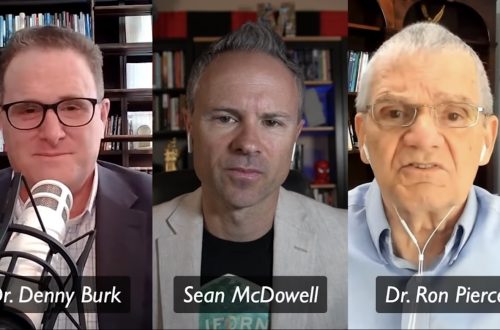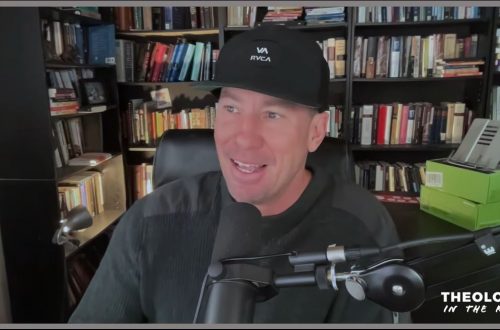The leader of Tennessee Baptists, Randy Davis, just released an article opposing the Law amendment. He gives three reasons for opposing it. First, he says that it is not necessary because Southern Baptists demonstrated last summer that they can remove churches that violate our confessional parameters. Second, the amendment legalistically imposes a confession on SBC churches and violates principles of “soul competency” and “priesthood of believers.” Third, passing the amendment will set a precedent of going beyond the BF&M to establish the parameters for our cooperation (e.g., Millennial views, Reformed theology, etc.).
What are we to make of these arguments? I don’t know Mr. Davis personally, but I am grateful for him and for the way he serves Southern Baptists in Tennessee. I am also grateful for his clear affirmation of the BF&M and of what it says about female pastors. Praise the Lord that we are in lockstep on the underlying theological questions. Nevertheless, I think his argument against the amendment is ultimately unpersuasive.
His strongest point is the first one. He is absolutely correct to argue that we don’t need the Law amendment in order for messengers to deal with churches that have violated the confession. I have made that case myself elsewhere numerous times. The reason that we need the Law amendment is not because we currently lack the means to deal with membership challenges. The reason is because the Credentials Committee has asked for clarity concerning what a pastor is. The committee delayed action on Saddleback for a year because of that lack of clarity. The BF&M is already clear on what a pastor is. If, however, some Credentials Committee members think it isn’t clear, we can serve them by providing that clarity. That’s what the Law amendment does, and that is why we need it. So even though Mr. Davis is correct that we don’t need the amendment in order to deal with membership challenges, we do need the amendment for clarity to those presiding over the process.
Mr. Davis’ second two points are far more problematic in my view. He argues that passing the Law amendment would be a legalistic imposition of a confession on autonomous churches. But this is simply mistaken. The SBC previously added such amendments to the Constitution. In 2019, the SBC amended Article 3 of the Constitution to require cooperating churches not violate the BF&M’s teaching on racism and sexual abuse. Those amendments passed without any controversy because everyone knew that church autonomy is not violated by the SBC establishing doctrinal parameters for cooperation. The SBC is sovereign in its own sphere, and that is why messengers have the right to establish parameters for cooperation. But no matter what parameters messengers set for cooperation, they cannot impose anything on any church anywhere at any time. They have no power to do such a thing. That’s why neither the Law amendment nor the other amendments passed previously violate church autonomy. If your church’s autonomy wasn’t violated by the amendments on racism and abuse, it won’t be violated by the Law amendment either.
Mr. Davis argues that passing the Law amendment will set a precedent for narrowing the parameters of cooperation beyond the BF&M. Yet the Law amendment does no such thing. The Law amendment does not go beyond the BF&M. It merely reaffirms what the BF&M already says—that the office of pastor is limited to men as qualified by Scripture. That’s it. There is no narrowing of the parameters. It simply clarifies the parameters that are already there. Since the Credentials Committee has asked for this clarification, what would be the problem with giving it to them?
The Southern Baptist Convention needs the clarity that the Law amendment provides. I believe that SBC churches are by and large in overwhelming unity on the underlying theological question. That is why messengers voted overwhelmingly last summer to remove Saddleback and to affirm the Law amendment. Nevertheless, we do have a small minority who would be well served by the clarity that the amendment provides. We strengthen our cooperative efforts when we move together in unity. I’m praying that’s what Southern Baptists will choose to do in Indianapolis by voting in favor of the Law amendment.






